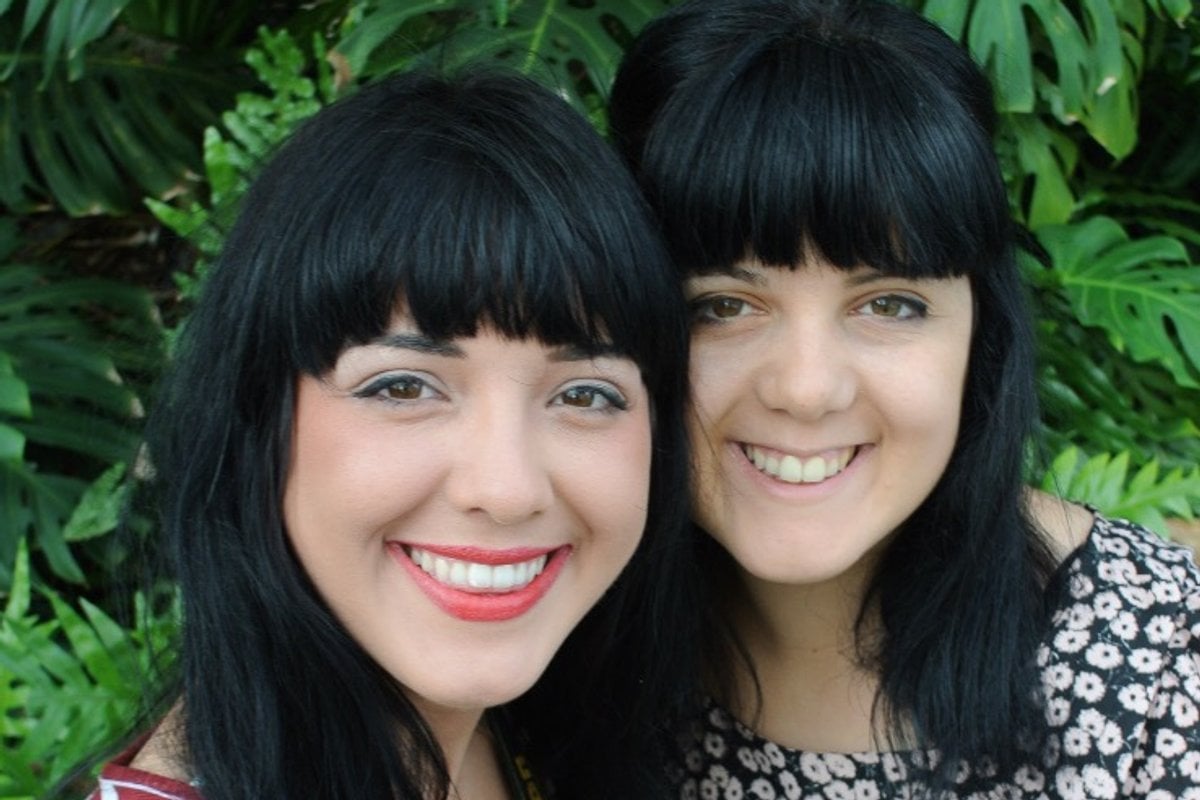
At the age of 22, and amidst the stress of completing my master’s degree, I embarked on my journey into the unpredictable world of medication for my mental health.
I didn’t know anyone personally who had taken an antidepressant before, but I thought that taking a tablet daily could potentially be the solution to all my problems. I was in.
The truth is, this wasn’t the start of my mental health journey. A year prior, at 21, my doctor prescribed me a common SSRI (selective serotonin reuptake inhibitor), but I was afraid. Once I collected the pills from the pharmacist, I discarded them in the bin.
5 small things you can do to help with anxiety. Post continues below.
Looking back at my childhood, I always had anxious tendencies and self-critical thought patterns. I just thought they were normal. Turns out, they weren't.
As a child and then a teenager, my school never educated us about mental health. I also grew up in a time without the open dialogue we now see around mental illness.
I missed all the signs that something was wrong.
Whether it was building up a phobia of lifts at the age of 10, because I thought they were going to break. This lasted for over a year.





























































































